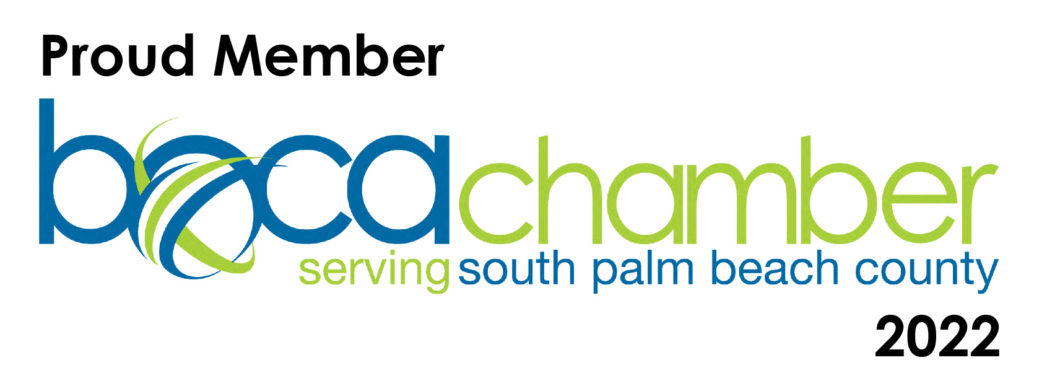It is very rare for a scalable business to be a single-person enterprise. Successful businesses need the services of a range of people with different skill sets to drive business growth and prosperity. However, sometimes co-owners of a business may have disputes or not see eye-to-eye. There could be disagreements relating to the business goals, strategic vision, direction, or company policies.
While business disputes are a stark reality of business, the truth is that they can be difficult to manage. Resolving disputes between co-owners, directors or shareholders need to be handled carefully and sensitively otherwise there is a risk of damage to the business.
Timely and effective legal intervention can help to minimize the potential damage to the business and guide the parties to the right solution.
Common Boardroom Disputes
There are many reasons that could lead to partners in a business disagreeing with each other. Disagreements are normal in business relationships, but sometimes these minor disagreements can lead to a complete breakdown of the partnership.
Most disputes between business owners arise because there has been a lack of communication and planning.
The majority of business disputes can be avoided with the assistance of an experienced business law attorney, who can mediate discussions and help draft documentation to outline how disputes should be managed. Engaging the services of an attorney from the outset means that not only will you be protecting your business interests, but also your personal interests and reputation.
Some common disputes involving business partners include the following:
- Professional negligence
- Defamation
- Fraud
- Personality clashes
- Contractual disputes
- Breach of contract
- Resourcing and staffing
- Strategic decision making
- Conflicting goals and pressures
- Disputes relating to finances and authority
Splitting Co-Ownership
If a business relationship does come to an end, then it can be difficult to end the business relationship. This is especially true if there is no written business agreement between the parties.
Normally, in a co-ownership scenario, the parties will have invested time, money, expertise, and skills into the business. Leaving a business due to a dispute can be harder than starting a business when the parties are on good terms.
How you choose to leave a partnership depends on many different factors including whether you have a written business/partnership agreement, and whether you want to leave the business voluntarily or not.
Resolving Everyday Business Disputes
If you co-own a business and find yourself in a dispute with another owner, you don’t need to assume that you will always end up in court. There are other options open to you before you get to the litigation stage.
For many business owners, litigation is something they want to avoid. If the business relationship has irretrievably broken down, then there are some other routes the parties can go down before they even consider litigation.
Business mediation and arbitration can be a great way for the parties to come to an agreement and settle their dispute. Your attorney should be on hand to guide you through the arbitration process and protect your best interests.
However, there are some business disputes that cannot be resolved via mediation or arbitration. This is why it is always important to have an attorney by your side who can represent your best interests (including your assets, investment, and reputation).
If the matter does end up in litigation, you will be glad you retained the service of a business attorney who will prepare your case.
Preventing Disputes: Business Agreements
While we all know that the best way to prevent any kind of partnership dispute is to prevent it from happening in the first place, this is not always possible.
Engaging the services of a specialist business law attorney when the business is established means that the parties can seek independent legal advice from the very outset. Your attorney should also help you prepare a business agreement, also known as a partnership agreement, that outlines the roles and responsibilities of each partner.
A well-drafted agreement minimizes the risk of disputes in the future by setting out clearly defined boundaries and rules relating to the decision-making affecting the business. In addition, the agreement will set out how best to deal with any disputes that arise.
In the absence of any written agreement between the parties, they can be drawn into disputes that become increasingly litigious, expensive, and lengthy.
A well-drafted partnership or business agreement will provide certainty that could arise and prevent expensive disputes from arising.
Written agreements also reduce the possibility of misunderstandings and parties breaching their defined duties. In addition, the agreement should outline how the partnership can be dissolved so that if one party wants to exit the business then they have clearly defined steps that must be taken.
Early Intervention
One of the most important things to remember if you are ever involved in any business dispute with a co-owner is that you should speak to your attorney as soon as possible.
Often, early intervention can help facilitate an amicable resolution between the parties without the matter becoming too contentious.
Minimizing the Impact of Business Disputes
We all know that business disputes are bad for business. As the economic landscape continues to remain turbulent, we expect to see more business disputes than ever.
So, what steps can business owners take to minimize the impact of disputes on themselves and their businesses?
- Find partners whom you trust and who share similar values and vision
- Plan and prepare: make sure to have a business agreement prepared when the business is established
- Don’t start without a written agreement
- Take legal advice: if a dispute arises the quicker you deal with it the less expensive and difficult it will be in the long-term
- Keep lines of communication open and always speak openly and honestly with each other
- Learn to compromise and negotiate
Want to discuss a business dispute?
Our experienced attorneys will help you identify the key issues, the options available to you, and how to come to a resolution quickly and efficiently. We can help you draft legal agreements that outline how to deal with disputes, and also assist you in the event of a partnership dissolution.
Call our experienced attorneys today on (561) 207-2018 for a free and confidential consultation. You can also email us at [email protected].







